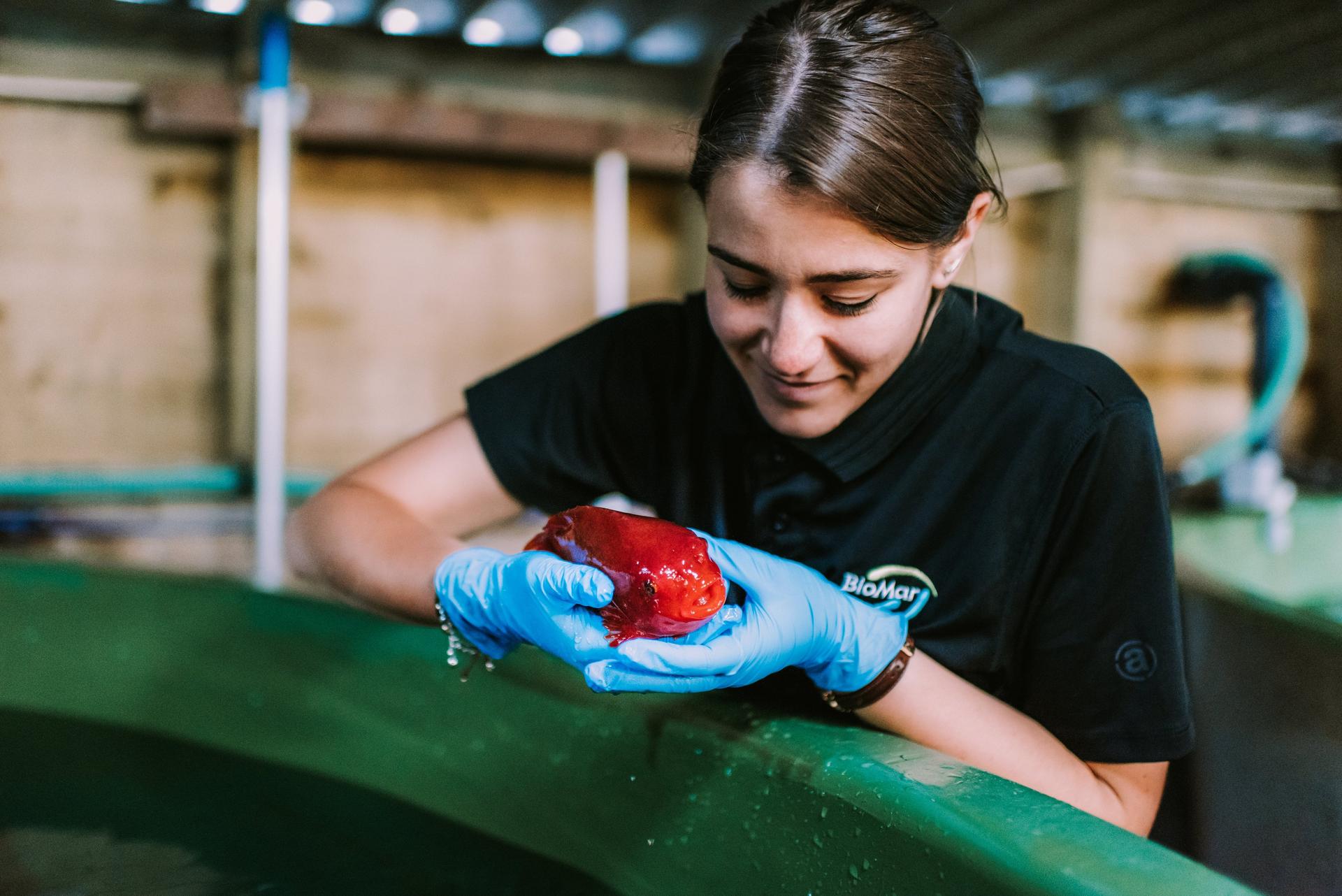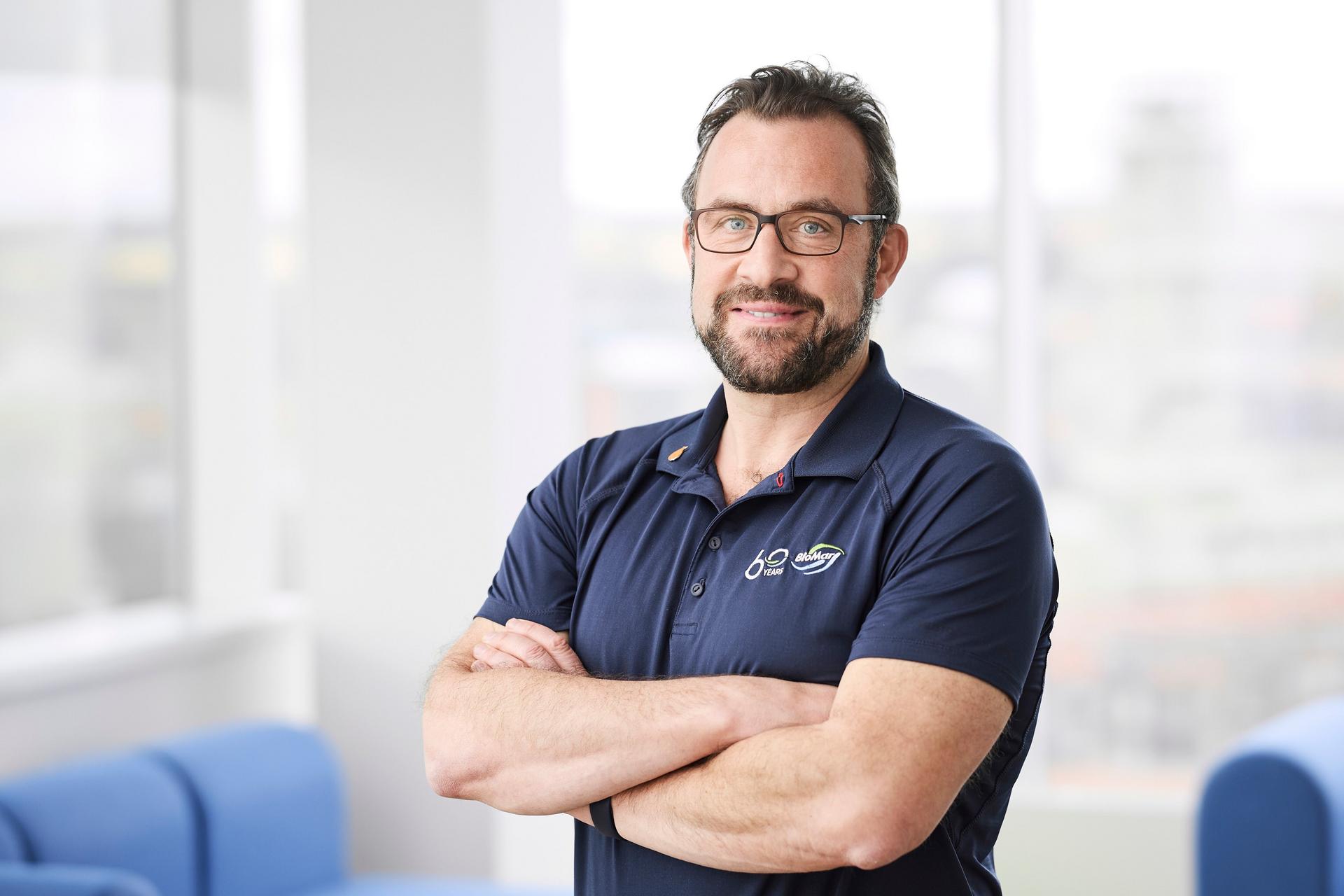As the world’s population grows, the need for efficient and responsible food production continues to rise. In 2022, aquaculture surpassed capture fisheries for the first time, contributing 51 percent of the total global output of aquatic animals. While aquaculture already has one of the lowest feed conversion ratios in animal farming, more than 80 percent of fish emissions are linked to feed and raw material sourcing. Reducing these emissions and improving supply chain resilience is therefore a shared challenge for the sector.
By combining expertise from agriculture and aquaculture, BioMar and Cefetra are addressing this challenge head-on. The collaboration focuses on cutting emissions at the source, supporting farmers in the transition to regenerative practices, and strengthening the link between crop production and fish farming.
The initiative, starting in the UK, targets the carbon footprint of vegetable-based feed ingredients such as wheat, which form an essential part of fish diets. Through Cefetra Ecosystem Services, launched in 2023 in partnership with Soil Capital, UK farmers are supported in adopting practices that improve soil health and deliver verified carbon removals. Farmers are financially rewarded for these improvements, reducing the risks of transition while enabling companies like BioMar to meet climate targets through measurable, on-the-ground results.















